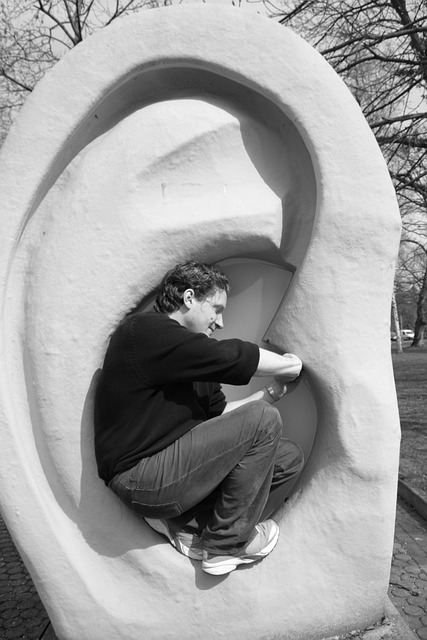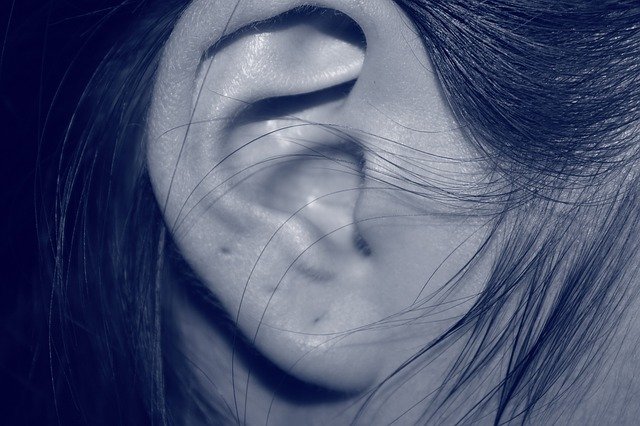3rd January 2024 – by Kings College London

Professor Frances Williams’ Chronic Pain and Hearing Loss Research Group, part of our team at TwinsUK, has recently published another piece of the puzzle in the quest to understand and treat tinnitus.
The large project – funded by Tinnitus UK as part of their Large Research Grants Programme – spanned Sweden and the UK, recruiting participants with tinnitus and matched controls firstly in over 1,000 participants in Sweden and then ran a replication of the study in over 1,000 twins from Twins UK. The primary objective of the research was to identify biomarkers for tinnitus.
Co-author Max Freiden said:
“It is difficult to establish biomarkers to detect or treat the disorder, because tinnitus is heterogeneous, indicating that various factors determine whether a person develops tinnitus.”
Surprisingly, tinnitus shares several signs and symptoms with chronic pain. Neuroimaging suggests similar disturbances in the prefrontal cortex of the brain, leading to distorted interpretation of sensory inputs, such as sound. A localised brain inflammatory response, detectable in the bloodstream, has been reported to occur with chronic pain. The team investigated whether inflammatory biomarkers could be found in people with tinnitus, hypothesising that chronic pain and constant tinnitus may be associated with neuroinflammation.
Importantly, factors unrelated to hearing difficulties that affect inflammatory marker levels, such as age, sex, and body mass index, were accounted for. Tinnitus tends to be accompanied by stress, anxiety, depression, hypersensitivity to sound, face pain, and headache; however, none of these conditions were related to inflammatory marker levels. While a weak association of five inflammatory proteins was seen in the Swedish cohort, the finding was not replicated in the UK cohort, leading researchers to conclude there is a lack of association between plasma biomarkers and constant tinnitus. Other research has shown that biomarkers can be derived from electrophysiological measures, but this does not appear to be the case for blood biomarkers.
Although the team didn’t find a tinnitus biomarker, negative results are considered progress and constitute an important aspect of directing future research and treatment. Such advancements are only possible with the generous research investments from charities like Tinnitus UK, and the important contribution of participants from TwinsUK and others who consent to research.
Link to the article is HERE.







